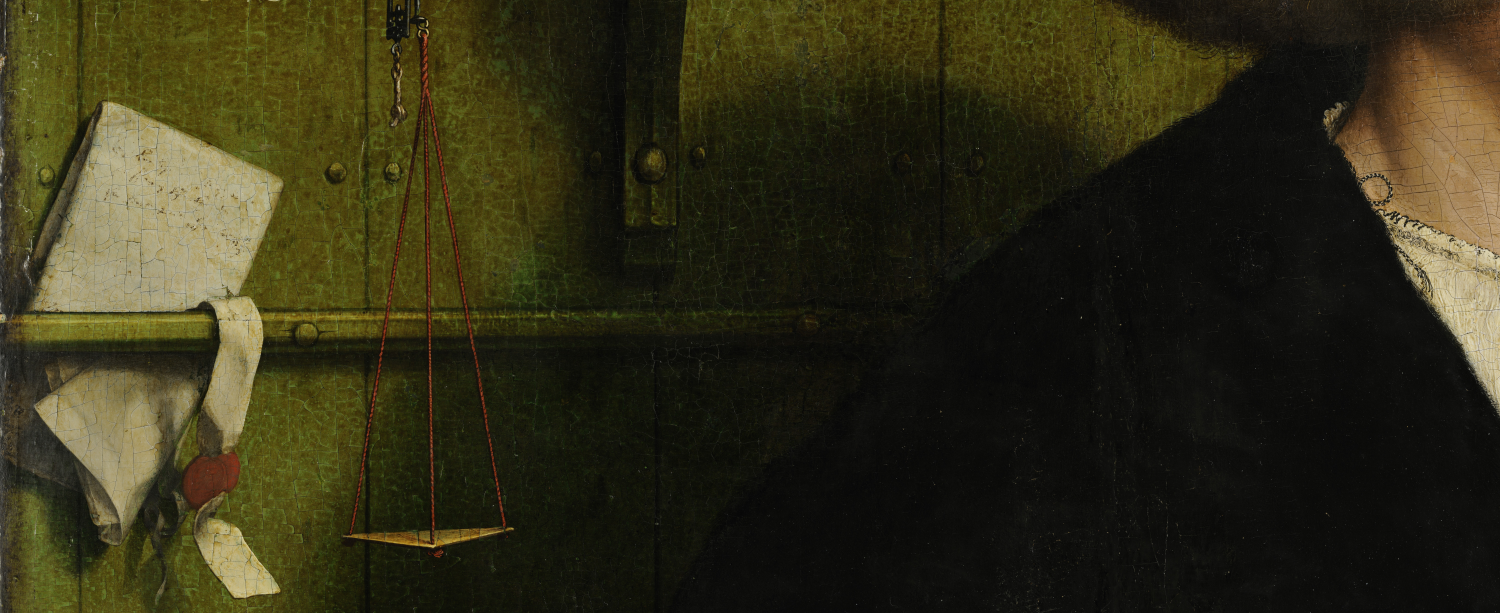The Culture of Reconciliation (Muldrew)
Justyna Wubs-MrozewiczThe themes of this week’s #RetroConflictsInspirations are informal dispute settlement, community and trust, courtesy of ‘The Culture of Reconciliation’ by Craig Muldrew. Connecting economic growth with the great increase of the numbers of disputes in early modern England, Muldrew makes a strong case for the prevalence of “communities based on extensive networks of informal personal trust”, and informal means of conflict resolution.
Economic disputes, related to e.g. contracts and credit, became more complex as trade expanded, and increasingly, the authority of law was required in dispute resolution. The growth of legal suits strengthened the occurrence/importance of laws of contract & debts. But this did not mean that the role of informal means of dispute settlement was replaced. To paraphrase, Muldrew aptly states that examining conflict only in terms of the law is insufficient, and that attention should also be paid to the practices, conceptions, and emotions of disputing individuals (p.918). Expanding research to the role of social institutions (hierarchy, kin networks, guilds) has indeed been prevalent in current research to conflicts – and perceptions of conflicts, and the reactions to them by individual actors, are an invaluable part of our project’s research. Moving from conflict resolution to #conflictmanagement makes it further possible to analyze the process of the increasingly complex mercantile disputes, and all the forms of (in)formal ways individuals and communities sought means of arbitration and the resolution.
C. Muldrew, 'The Culture of Reconciliation: Community and the Settlement of Economic Disputes in Early Modern England', The Historical Journal, Vol. 39, No. 4 (Dec., 1996), pp. 915-942
@CambridgeUP
https://jstor.org/stable/2639862
EZ
